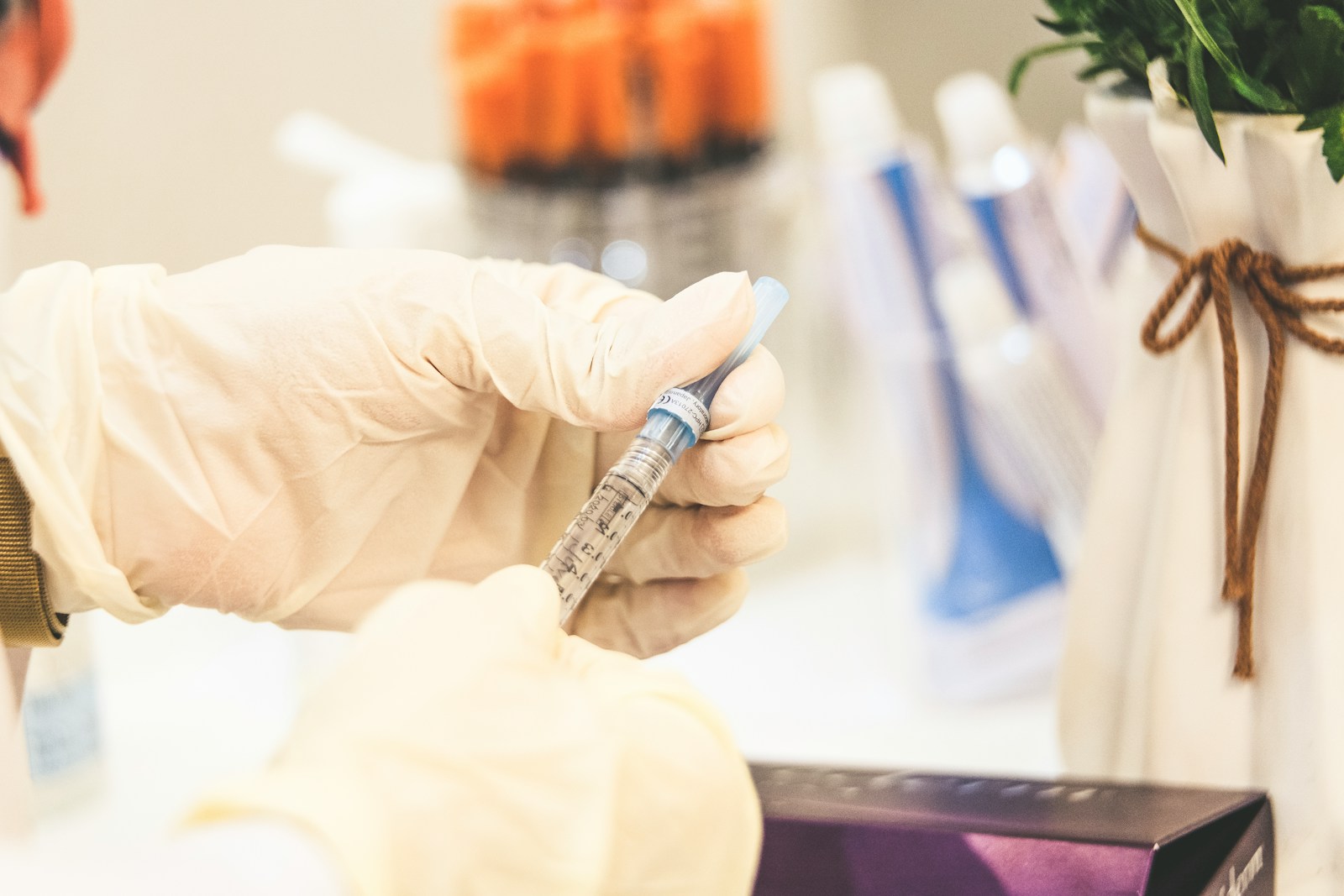A new study has outlined the potential use cases of digital twins in dermatological healthcare, tackling orphan diseases.
Due to their accuracy, digital twins can effectively simulate patient health in real-time, aiding in the fight against diseases. The research concluded that digital twins could, as a result, be an effective tool in tackling dermatological diseases such as epidermolysis bullosa, mucous membrane pemphigoid, and epidermolysis bullosa acquisita.
Furthermore, the study emphasized that these twins can cut costs and reduce treatment expenditures by limiting the traditional trial-and-error processes with patient cohorts. Similarly, digital twins may also help mitigate ethical issues associated with orphan diseases.

Consequently, digital twins are becoming effective tools in healthcare and niche fields such as dermatology. These fields will benefit from the cost-effective nature of digital twins and their ability to reduce expenses when the healthcare sector is looking to cut costs due to rapid expenses while keeping the same standards of care. Digital twins will help the industry do just that.
For more information on the use cases of digital twins in healthcare check out our intelligence platform for the latest updates.
If you found this article to be informative, you can explore more current Digital Twin news here exclusives, interviews, and podcasts.













